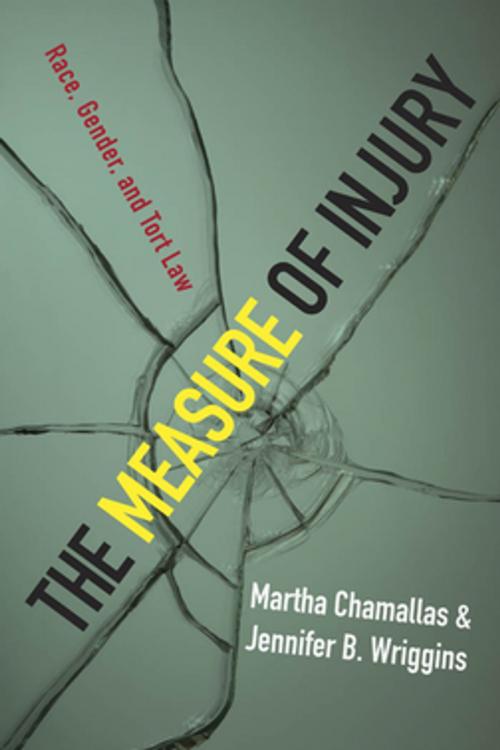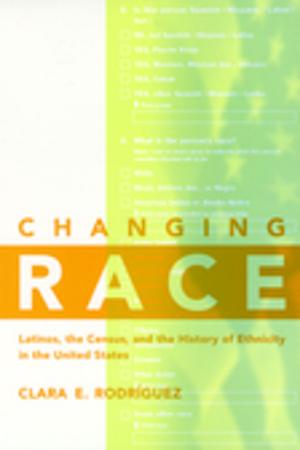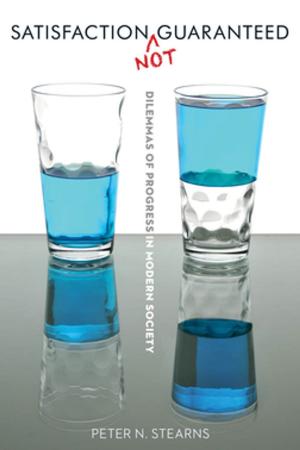The Measure of Injury
Race, Gender, and Tort Law
Nonfiction, Reference & Language, Law, Torts, Gender & the Law| Author: | Martha Chamallas, Jennifer B. Wriggins | ISBN: | 9780814717332 |
| Publisher: | NYU Press | Publication: | May 1, 2010 |
| Imprint: | NYU Press | Language: | English |
| Author: | Martha Chamallas, Jennifer B. Wriggins |
| ISBN: | 9780814717332 |
| Publisher: | NYU Press |
| Publication: | May 1, 2010 |
| Imprint: | NYU Press |
| Language: | English |
Tort law is the body of law governing negligence, intentional misconduct, and other wrongful acts for which civil actions can be brought. The conventional wisdom is that the rules, concepts, and structures of tort law are neutral and unbiased, free of considerations of gender and race.
In The Measure of Injury, Martha Chamallas and Jennifer Wriggins prove that tort law is anything but gender and race neutral. Drawing on an in-depth analysis of case law ranging from the Jim Crow South to the 9/11 Victim Compensation Fund, the authors demonstrate that women and minorities have been under-compensated in tort law and that traditional biases have resurfaced in updated forms to perpetuate patterns of disparate recovery based on race and gender. Grappling with tort theory, the intricacies of legal doctrine and the practical effects of legal rules, The Measure of Injury is a unique treatise on torts that uncovers the public and cultural dimensions of this always-controversial domain of private law.
Tort law is the body of law governing negligence, intentional misconduct, and other wrongful acts for which civil actions can be brought. The conventional wisdom is that the rules, concepts, and structures of tort law are neutral and unbiased, free of considerations of gender and race.
In The Measure of Injury, Martha Chamallas and Jennifer Wriggins prove that tort law is anything but gender and race neutral. Drawing on an in-depth analysis of case law ranging from the Jim Crow South to the 9/11 Victim Compensation Fund, the authors demonstrate that women and minorities have been under-compensated in tort law and that traditional biases have resurfaced in updated forms to perpetuate patterns of disparate recovery based on race and gender. Grappling with tort theory, the intricacies of legal doctrine and the practical effects of legal rules, The Measure of Injury is a unique treatise on torts that uncovers the public and cultural dimensions of this always-controversial domain of private law.















